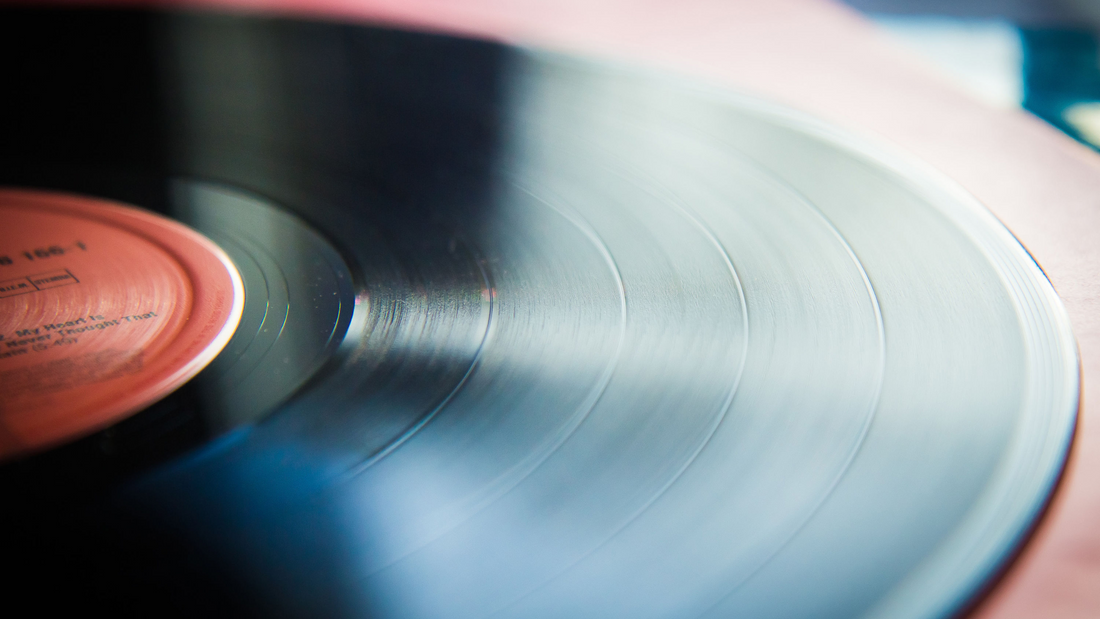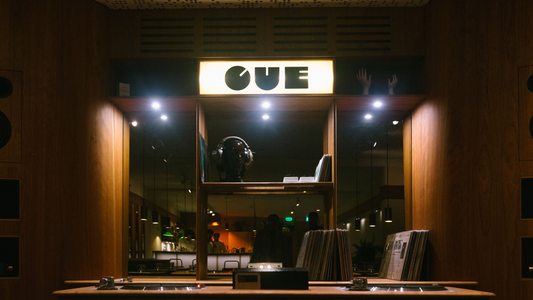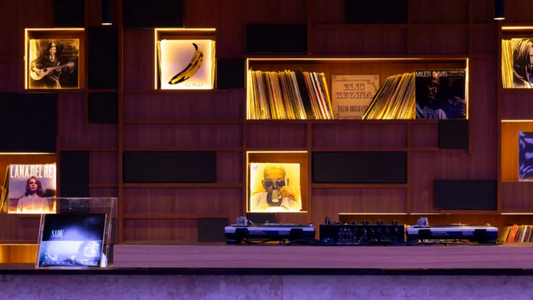
The Art of the Sunday Record Clean
By Rafi Mercer
Sunday mornings are built for slower movements. The kind of gestures that don’t announce themselves loudly but settle into your hands with quiet insistence. For me, that ritual is the record clean. Not the quick brush before a needle drop, but the proper unhurried session when the week has folded itself away and the next one hasn’t yet arrived.
Every vinyl collection, large or modest, tells its story not just in spines and sleeves but in the grooves themselves. Those grooves carry not just music but memory: the slip of a hand that left a faint scuff, the warmth of a night when whisky met wax, the hours of play that left dust gently woven into the sound. Cleaning is not about perfection. It is about restoration—bringing the record back into focus so the next listen carries clarity rather than distraction.
The tools are simple. A velvet brush for the light dust, a carbon fibre wand for the static cling, a bottle of distilled water with a measure of isopropyl alcohol for deeper work, and a stack of microfibre cloths. If you like ceremony, a proper vacuum machine—the sort that whirrs like a small espresso maker—adds gravity. But even the simplest kit is enough if you treat the process with care.
Here’s the sequence. Sleeve off with respect. Hold the edge, never the surface, thumb braced against the label. Rest the disc on a clean mat. First the dry brush: circular strokes in line with the groove, steady pressure, patient revolutions. Watch the dust collect, then lift. Already the record looks brighter, as if it has taken a breath.
Next the solution. A few drops onto the cloth, not the vinyl—never soak the surface. Work in arcs, gentle but thorough. This is where you hear silence return. You won’t notice it now, but when the stylus falls later, the absence of crackle will feel like a gift. Flip, repeat, sleeve in a new inner if the old one has frayed or collected grit. The sleeve matters more than we admit; it is the doorway the record passes through every time, and a dirty one only erases the work you’ve just done.
What I love most is how the ritual changes the way you listen afterwards. A freshly cleaned record doesn’t just sound clearer—it asks you to sit differently. You find yourself leaning in, grateful for the detail that might have been masked before: the brush of the drummer’s wrist against the snare skin, the reverb tail of a vocal line, the air that lives between instruments. Cleaning is preparation for deeper listening, just as the sharpening of a knife changes the way you slice fruit.
There’s a whisky parallel here too. Anyone who has cared for glassware knows that a dram poured into a dusty tumbler never tastes as bright as one served in a crystal rinsed and dried by hand. The spirit is the same, but the vessel sets the stage. Records are no different. The groove is the spirit; the surface is the glass. You wouldn’t drink Talisker from a clouded mug, so why hear Coltrane through static and grit?
Sunday cleaning sessions also reshape the collection. You rediscover forgotten corners as you pull sleeves from the shelf. I’ll start with an intention to clean half a dozen and find myself holding records I haven’t touched in years. One week it was Alice Coltrane’s Journey in Satchidananda, its harp lines as radiant as I remembered. Another, it was a battered copy of Massive Attack’s Protection, suddenly alive with texture once the veil of noise was lifted. These surprises remind you that the collection isn’t fixed—it breathes with the attention you give it.
There’s also something deeply cinematic in the act. Think of Wong Kar-wai’s films, where small gestures—lighting a cigarette, brushing fabric, pouring tea—become entire scenes in themselves. Cleaning records has that same intimacy. It is less about outcome than mood. You are slowing time, crafting a miniature cinema where the lead role is played by your own patience.
When the session ends, the stack of cleaned vinyl sits like a promise. Not all will be played today, perhaps not even this week, but each one is waiting, ready, with no barrier between you and the sound. That is what makes the ritual worth keeping: it builds a future of clarity.
So if this Sunday feels scattered, take out a handful of records, pour a cup of tea or a quiet dram, and begin the cloth’s small circles. It is not maintenance. It is listening before the listening. By the time the stylus lowers, the room itself will feel cleaner, sharper, more attuned.
Rafi Mercer writes about the spaces where music matters. For more stories from Tracks & Tales, subscribe here, or click here to read more.






